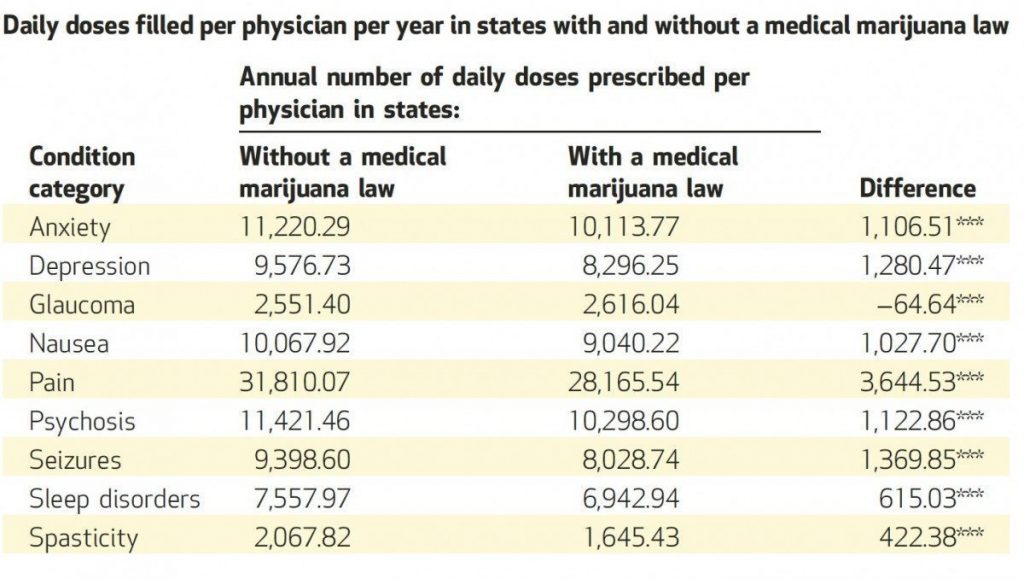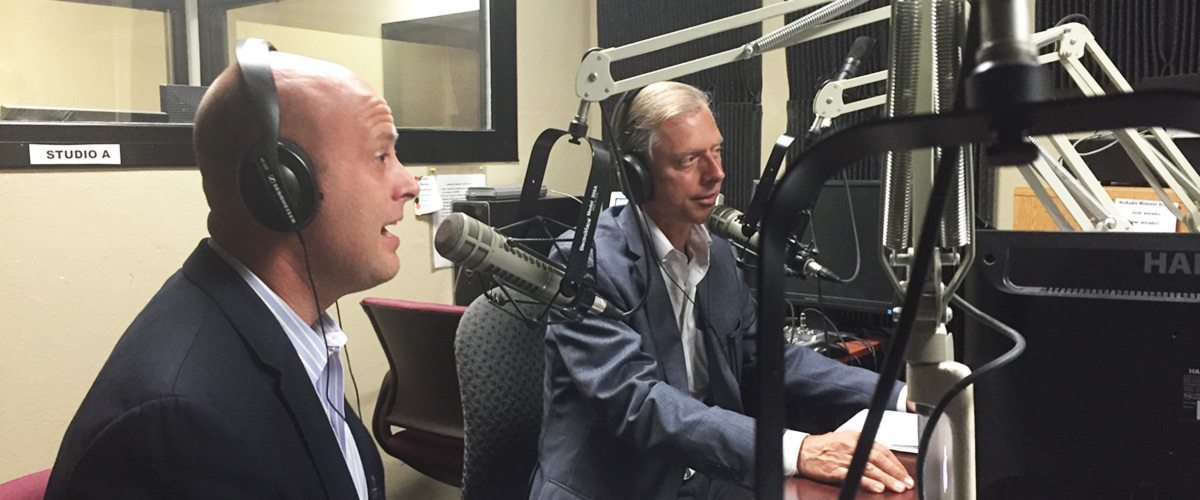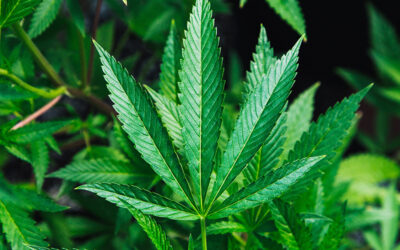This week:
- More Clinical Evidence for Medicinal Cannabis – Australia.
- CDC Says Senior Citizen Falls Are on the Rise – a leading cause of injury and death on older Americans.
- Scientific American Says the FDA Manipulates the Media.
- Forbes Says Medical Marijuana Seems to Reduce Deaths from Pharmaceuticals.
This week a new report from University of Sydney Australia and MCG Pharma indicates more clinical evidence for medicinal marijuana. In spite of recent setbacks in the US by our DEA in not rescheduling cannabis, increasing global evidence keeps rolling in regarding the numerous medicinal applications. This new 23-page report, a white paper published by University of Sydney Australia in concert with MGC Pharma shows significant medicinal benefit to cannabis. With a focus on Epilepsy, Cancer and Multiple Sclerosis, the report is complete with clinical evidence and results from worldwide studies showing cannabis benefits.
To quote the report:
“In recent years, medicinal cannabis has gone from being a niche and obscure area of medical scientific research into ‘one of the fastest moving frontiers in pharmacology.’ The potential value of cannabis as medicine has been demonstrated in relation to a number of serious conditions and symptoms including cancer, epilepsy, multiple sclerosis, chronic pain, muscle spasticity and nausea.”
In its conclusion, the report cites:
“The field of medicinal cannabis has been constrained and, in many places, prohibited or actively discouraged through onerous regulatory, legal and social barriers. In spite of all of this, there is strong evidence demonstrating the effectiveness of medicinal cannabis in treating the symptoms of pain, nausea, vomiting and appetite in cancer patients. Medicinal cannabis has also been demonstrated to be a viable treatment option for the management of muscle spasticity and pain in people living with MS.”
In Australia, the University of Canberra is now studying Melanoma Cancer with Cannabis as a medicine. Australia, with its abundant sunshine, is considered to have the highest rate for melanoma cancer in the world with an estimated 13,000 new cases to be diagnosed in 2016. Melanoma represents the third most abundant form of cancer in Australia – New Zealand where 1800 people die annually from melanoma.
_________________________________________
This week the Centers for Disease Control (CDC) mentioned that every second of every day in the United States an older adult falls – thus making the case for these fall injuries to be the number one cause of injury and death in older Americans.
In 2014, older Americans experienced 29 million falls causing seven million injuries requiring medical attention, to the tune of an estimated $31 billion in Medicare expenditures, according to the CDC. Each year fall injuries are responsible for 27,000 deaths in this patient population. With over 10,000 Americans turning 65 years of age every day – the number of fall-related injuries is expected to spike, as is the overall expenditure to treat these patients, unless preventative measures are taken.
“Falls threaten older Americans’ independence and safety and generate enormous economic and personal costs that affect everyone,” said Grant Baldwin, Ph.D., M.P.H., director of CDC’s Division of Unintentional Injury Prevention. “Together, everyone can reduce the risk of falling and prevent fall injuries.”
Reduced muscle strength, increased inactivity, more severe chronic health conditions, and increased use of prescription medications are risk factors for falls among older Americans. Fall injury rates are almost seven times higher for older adults with poor health than for those with excellent health.
Certainly we believe that hemp-based CBD assists with bone health as two US pharma companies have partnered with Israeli research organizations to explore bone healing and osteoporosis / bone health conditions (Kalytera Pharmaceuticals and OWC Pharma OTC: OWCP). Further CBD can potentially provide cognitive health benefits that may improve focus and stability. To repeat from above – fall injury rates are 7 times greater for older adults with poor health than for those with excellent health.
_________________________________________
Scientific American this week released a bombshell criticism of the US Food and Drug Administration (FDA) in its report titled: How the FDA Manipulates the Media. According to Scientific American, the FDA has been arm-twisting the strong-arming journalists into relinquishing their independent reporting standards – and that other institutions are following suit.
New York Times former public editor Margaret Sullivan mentioned: “I think (news) embargoes that attempt to control sourcing are dangerous because they limit the role of the reporter whose job it is to do a full look at a subject”. Further that “it’s really inappropriate to be telling a journalist whom he or she can’t talk to.”
This kind of deal offered by the FDA – known as a close-hold embargo – is an increasingly important tool used by scientific and government agencies to control the behavior of the science press. Documents obtained by Scientific American via Freedom of Information Act (FOIA) requests paint a newly disturbing picture of the tactics that are used to control the science press and news media. A surprisingly large percentage of science and health stories are the product of news embargoes.
Instances of certain favored reporters and news services receiving exceptional offers to “have their stories shaped” are increasingly common. Certain reporters were given “inside track” information regarding e-cigarettes in recent times, including Fox News.
We wonder if we Americans are getting the full story – or only portions that our federal officials want us to see… We do encourage more open discussion regarding artificial sugar, GMO, and the medicinal aspects of cannabis.
_________________________________________
Medical Marijuana Seems to Reduce Deaths from Pharmaceuticals according to Forbes contributor Jacob Sullum. In the article, Insys Therapeutics is mentioned, an Arizona based pharmaceutical company that recently became the biggest financial supporter against medical marijuana legalization for recreational purposes in the State. Insys gave $500,000 to the main group opposing Arizona’s legalization efforts because the ballot measure “fails to protect the safety of Arizona’s citizens and particularly its children”. One need not be too cynical to surmise that Insys also worries about the impact that legalization may have on profits and the bottom line – since marijuana could compete with its synthetic products.
Insys manufacturers an oral spray that delivers the opioid painkiller fentanyl and plans to market another one that contains dronabinol, a synthetic version of THC. A recent study shows that Insys has reason to worry…
In an article published recently by the American Journal of Public health, Columbia University epidemiologist June Kim and her colleagues report that “fatally injured drivers are less likely to test positive for opioids in states that allow medicinal use of marijuana. That finding, together with the results of earlier studies, indicates that making marijuana legally available to patients saves lives by reducing their consumption of more dangerous medications.”
Statistics reported herein are equally astounding:

Prescription changes associated with medical marijuana laws (Image: Health Affairs)
Other studies indicate that replacing prescription drugs with marijuana reduces opioid-related deaths. A 2014 study reported in JAMA Internal Medicine, based on death certificate data from 1999 through 2010, found that “states with medical cannabis laws had a 24.8% lower mean annual opioid overdose mortality rate…compared with states without medical cannabis laws.” Furthermore, internist Marcus Bachhuber and his co-authors reported, “such laws were associated with a lower rate of overdose mortality that generally strengthened over time,” which makes sense if more patients are switching to marijuana from opioids (or choosing marijuana rather than opioids) each year.
The reduced rate of opioid-related fatalities translated into about 1,700 fewer deaths in 2010 alone. The researchers suggest several possible explanations for this effect. “Patients with chronic non-cancer pain who would have otherwise initiated opioid analgesics may choose medical cannabis instead,” Bachhuber et al. write. “In addition, patients already receiving opioid analgesics who start medical cannabis treatment may experience improved analgesia and decrease their opioid dose, thus potentially decreasing their dose-dependent risk of overdose. Finally, if medical cannabis laws lead to decreases in polypharmacy—particularly with benzodiazepines—in people taking opioid analgesics, overdose risk would be decreased.”
Amazing statistics and certainly we encourage debate among our politicians to re-examine the marijuana legalities with full de-scheduling. I look forward to additional items of newsworthiness supporting our cause in next week’s edition.
To good health,
Stu
Stuart W Titus, PhD
President & CEO
Medical Marijuana Inc. (OTC: MJNA)






